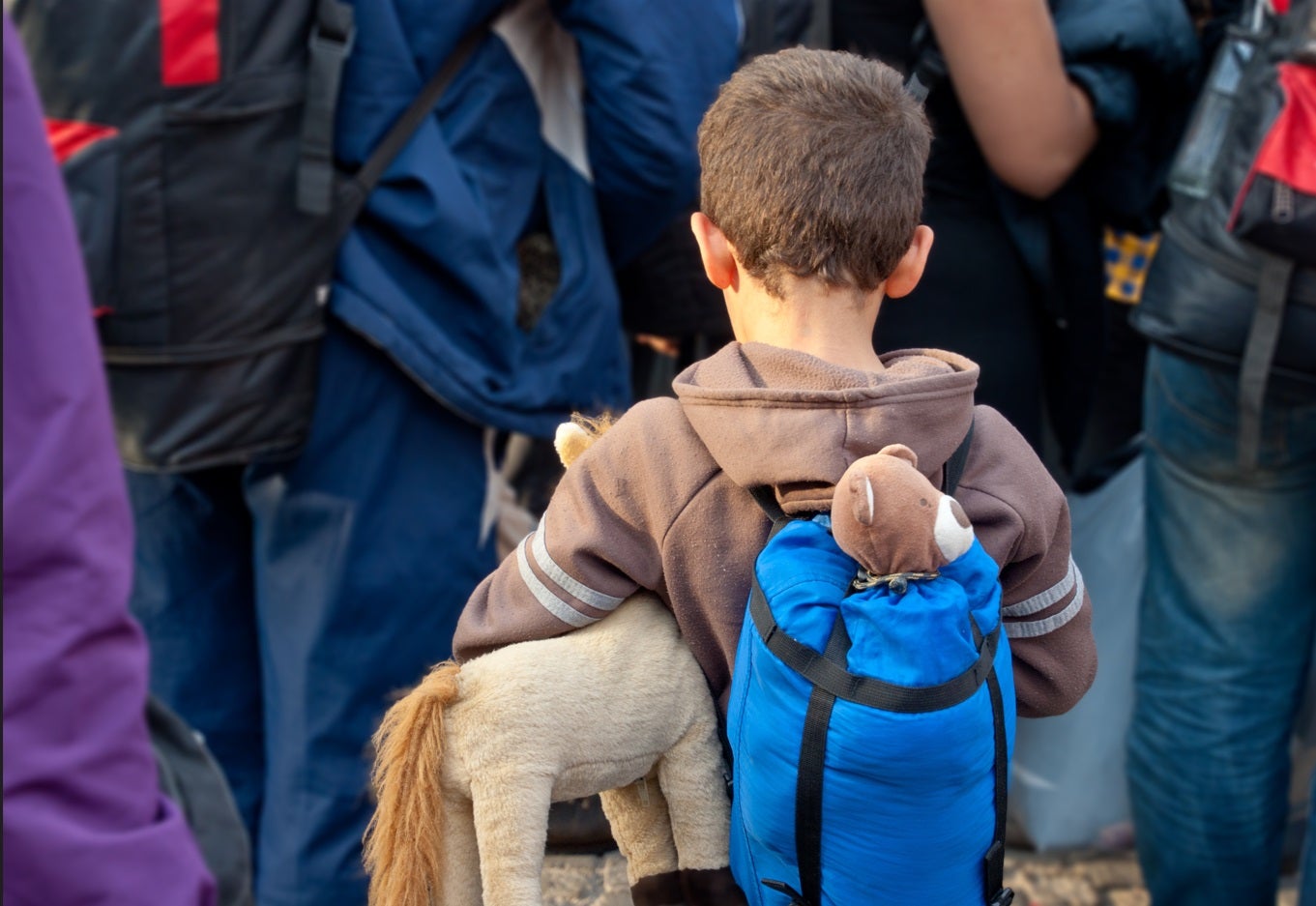How do we make sure that 6.3 million migrant children in Latin America and the Caribbean get quality education? We had the great opportunity to explore this issue during the IDB event “Learning on the Move: Quality Education for Migrant Children & Youth.”
For us and two hundred education policy makers, scientists, field workers, and educators, it was an honor to listen to and interact with three key experts in the field.
Migration and Education: The experts’ perspective
Stephanie L Canizales, daughter of Salvadoran migrants, author and researcher at the Department of Sociology at the University of California at Merced, uses in-depth interviews and ethnographic research methods to understand the causes of migration from Central American to the US.
Stephanie has also researched inclusion of migrant children and youth in recipient communities and shared with us a powerful story of Tomás who feels excluded from society: “Look, the ones who were born here go to school, they have their parents, they have everything….’ I wish I could speak the language, too. I feel like there’s no way out. I like being here, but I feel stuck. I feel less than others,” Tomás told her.
Sarah Dryden-Petersen, world renowned researcher and author, REACH Co-Founder and Assistant Professor of Education from Harvard School of Education, shared insights from her new book Right Where We Belong. Sarah explained how global policies on school access for migrant children have shifted from educational tracking by migration background to to inclusion of these children in national school systems.
Moreover, Sarah also described the challenges of teachers who need to navigate the educational inclusion of migrant students, emphasizing how specific curricula and education materials can help facilitating multicultural education and decreasing discrimination and bullying.
Virginia Torres Montoya, Chief of the Division of Inclusion and Integration at the Bogota Education Secretariat, described the practical challenges of public management of an educational system that had a massive increase in enrollment of immigrant students over the last five years. The main obstacles are lack of documentation (there are students who graduate but cannot receive their degree because they do not have identification documents), school overcrowding with concentration of migrants in some geographic locations and schools, as well as xenophobia and discrimination.
At the same time, Virginia’s presentation provided hope as it demonstrated how an education system can take effective actions to integrate migrant students, including the co-creation with teachers of a new multicultural curricula.
What Would it Take to Provide a Quality Education for Migrant Children
From different perspectives, the speakers and the event participants explored what it would take to make sure that migrant children and youth in LAC receive the quality education they need to develop a sense of belonging and prepare them for productive and fulfilling lives.
Thinking back at our rich conversation about this collective challenge, the key messages that stuck with us are four:
- Smooth Transition. Ensure smooth transition of immigrant students into the education system of receiving countries by removing bureaucratic obstacles during enrollment and by assessing every student for accurate grade-level placement.
- Caregiver Involvement. Involve parents and school communities in education, including outreach activities to boost enrollment and avoid dropout. Working closely with parents is particularly important in time of crisis.
- Multicultural education. Train educators in multicultural education to raise self-esteem, improve school climate, and combat xenophobia.
- High Expectations. Have high expectations for migrant students and provide them with the necessary support to achieve these expectations, including intercultural bilingual education, remedial education, and access to resources such as bilingual content and e-Learning devises.
How Do We Make This Happen?
All this sounds great, but the real question is: How do we make this happen? Here is our IDB commitment:
- Respond to the regional crisis generated due to the growing and sudden intra-regional migration flows, including investments in education systems.
- Allocate resources to countries of origin, transit, and destination of migration flows. So far, we have committed more than US$1,400 million in loans to support the integration of migrants and US$96 million from our grant facility.
Read also our new publication in which we explore skill development of migrant children and youth in Latin American and the Caribbean “Migration and Education: Challenges and Opportunities.”
Thanks to Stephanie Canizales, Sarah Dryden-Petersen, and Virgina Torres Montoya for this inspiring conversation and for reminding us of the urgency to act.
What is your next step? How will you help migrant children and youth develop the skills they need for success in school and life? Let us know your thoughts in the comment section below.


Leave a Reply